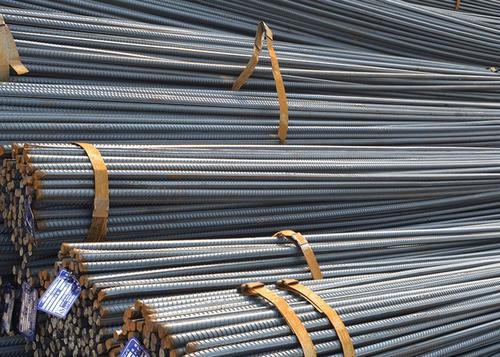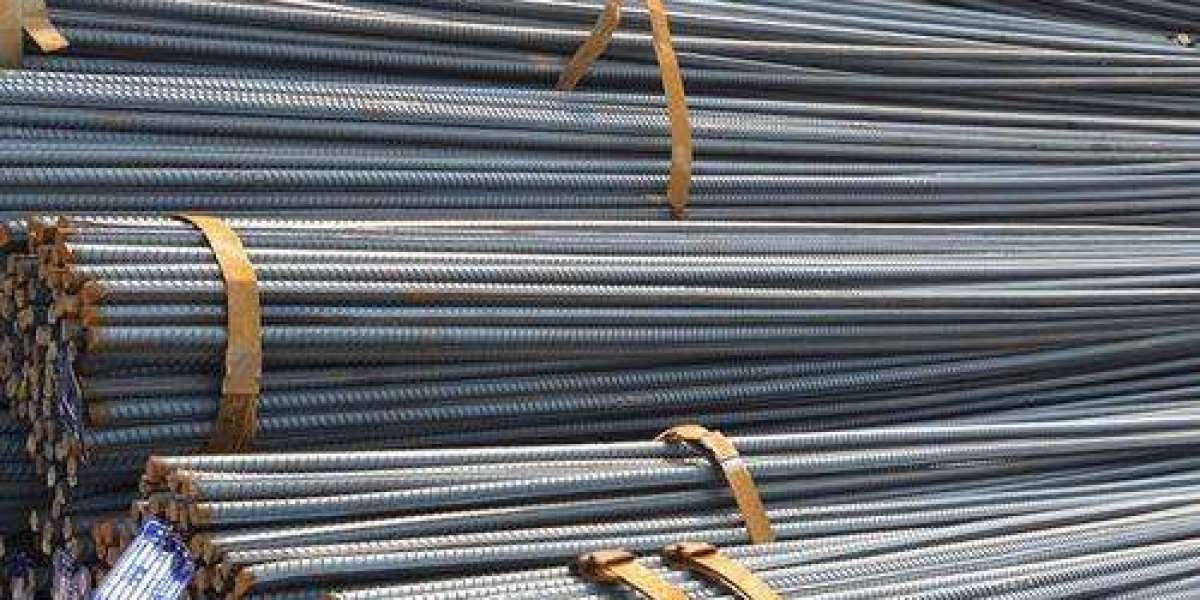In the world of construction, choosing the right materials is critical for ensuring the longevity, safety, and cost-effectiveness of any project. One essential element in modern construction is rebar, used to reinforce concrete structures and provide additional strength. For decades, steel rebar has been the dominant choice due to its availability, affordability, and performance. However, with advancements in material science, basalt rebar has emerged as a strong contender, offering unique properties that rival traditional steel.
When comparing basalt rebar price vs steel rebar, the decision extends beyond just the upfront cost. Durability, long-term maintenance, and environmental impact are all factors that can affect the total value of the material. In this article, we will explore the differences between basalt and steel rebar, examining their costs, benefits, and long-term performance, helping you make an informed decision for your next construction project.

Understanding Rebar: Steel and Basalt
Rebar, short for reinforcing bar, is a crucial component in construction, used to reinforce concrete structures and improve their tensile strength. Concrete is excellent at withstanding compressive forces, but it can crack under tension. Rebar helps to counteract this by providing the tensile strength necessary to keep structures intact under stress.
Steel Rebar
Steel rebar has been the industry standard for reinforcing concrete for over a century. It is commonly made from carbon steel and offers high tensile strength and durability. Steel rebar is widely available, affordable, and easy to manufacture, making it a go-to choice for many builders around the world. However, despite its strengths, steel rebar is prone to corrosion, especially in environments exposed to moisture, which can compromise the longevity of structures.
Basalt Rebar
In contrast, basalt rebar is a newer material made from volcanic basalt rock fibers. Basalt fibers are extremely strong and lightweight, offering several advantages over traditional steel. Basalt rebar is non-corrosive, resistant to chemical reactions, and significantly lighter than steel, making it easier to transport and install. These properties have led to its growing popularity in projects where long-term durability and environmental exposure are significant concerns.
Cost Comparison: Basalt Rebar Price vs Steel Rebar
When comparing basalt rebar price vs steel rebar, it’s essential to consider both the initial purchase price and the long-term costs associated with maintenance and performance.
Steel Rebar Cost
Steel rebar is generally more affordable upfront, with a well-established supply chain and large-scale production making it accessible in most regions. The price of steel rebar can vary based on factors such as global steel prices, demand, and manufacturing costs. On average, steel rebar costs around $0.30 to $0.50 per pound, depending on the grade and thickness. However, the long-term costs can add up due to the need for maintenance, especially in corrosive environments, where rust can weaken the structure and lead to costly repairs.
Basalt Rebar Cost
Basalt rebar typically comes with a higher upfront price compared to steel rebar, often ranging from $0.50 to $0.80 per pound, depending on the supplier and location. The higher cost is due to the relatively newer manufacturing processes and the lower scale of production. However, despite the initial investment, basalt rebar can be more cost-effective in the long run. Its resistance to corrosion, lighter weight (which reduces transportation costs), and longer lifespan in harsh conditions often outweigh the higher purchase price.
In areas prone to moisture, saltwater exposure, or chemicals, basalt rebar’s non-corrosive nature can eliminate the need for frequent repairs and replacements, making it a more economical option over time.
Durability and Performance
When assessing the durability and performance of basalt rebar vs steel rebar, the differences become even more apparent, especially in specific environmental conditions.
Steel Rebar Durability
Steel rebar is strong, but its susceptibility to corrosion is a significant drawback. In moist or coastal environments, steel rebar can rust, leading to weakened structural integrity. To counteract this, builders often use protective coatings, such as epoxy or galvanization, to extend the lifespan of steel rebar. However, these solutions add to the overall cost and may not fully prevent degradation over time.
Basalt Rebar Durability
Basalt rebar, on the other hand, is naturally resistant to corrosion. Its inert nature means it doesn’t react with chemicals, salts, or moisture, making it ideal for environments where steel would typically fail. This includes coastal regions, underground structures, and chemical plants. Basalt rebar’s lightweight composition doesn’t compromise its strength, and it maintains its durability even in harsh conditions, ensuring long-term performance without the need for additional coatings or maintenance.
For instance, in projects like seawalls, bridges, or water treatment facilities, basalt rebar has been shown to outperform steel rebar in terms of longevity and reduced maintenance costs. These real-world applications highlight the material’s ability to withstand environmental stressors where steel would degrade.
Installation and Ease of Use
Steel Rebar Installation
Steel rebar is heavy and often requires more manpower and equipment to install, especially in large projects. Due to its weight and rigidity, transporting steel rebar can also be costly, and installation can be labor-intensive. Additionally, working with steel rebar requires handling procedures to avoid corrosion during the construction phase.
Basalt Rebar Installation
In contrast, basalt rebar is much lighter than steel, weighing up to 75% less. This makes it easier to transport, reducing shipping costs and simplifying handling on-site. The flexibility of basalt rebar also allows for easier shaping and bending during installation, making it particularly useful in complex structures. This ease of use translates into reduced labor costs and faster project timelines.
Environmental Impact and Sustainability
As the construction industry moves toward more sustainable practices, the environmental impact of materials is becoming a significant consideration.
Steel Rebar’s Environmental Impact
The production of steel rebar is energy-intensive, involving the extraction and smelting of iron ore. Additionally, the mining and transportation processes contribute to a larger carbon footprint. While steel is recyclable, the energy required to recycle and produce new steel products remains high, contributing to its environmental impact.
Basalt Rebar’s Sustainability
Basalt rebar is produced from naturally occurring volcanic rock, which is abundant and requires less energy to process. The production process has a lower environmental impact compared to steel, and basalt rebar is fully recyclable. As it does not corrode, it also reduces the need for repairs and replacements, leading to less waste over time. Choosing basalt rebar is a step toward more sustainable and eco-friendly construction practices.
Conclusion
When comparing basalt rebar price vs steel rebar, it’s clear that both materials have their advantages. Steel rebar offers affordability and a long history of use, making it a common choice for many projects. However, basalt rebar’s non-corrosive nature, lightweight composition, and long-term durability make it a superior option for projects in harsh environments.
While basalt rebar may have a higher upfront cost, its long-term benefits in terms of reduced maintenance, easier installation, and environmental sustainability often make it the more cost-effective solution. For those looking to future-proof their construction projects and invest in long-lasting materials, basalt rebar stands out as the better option.







